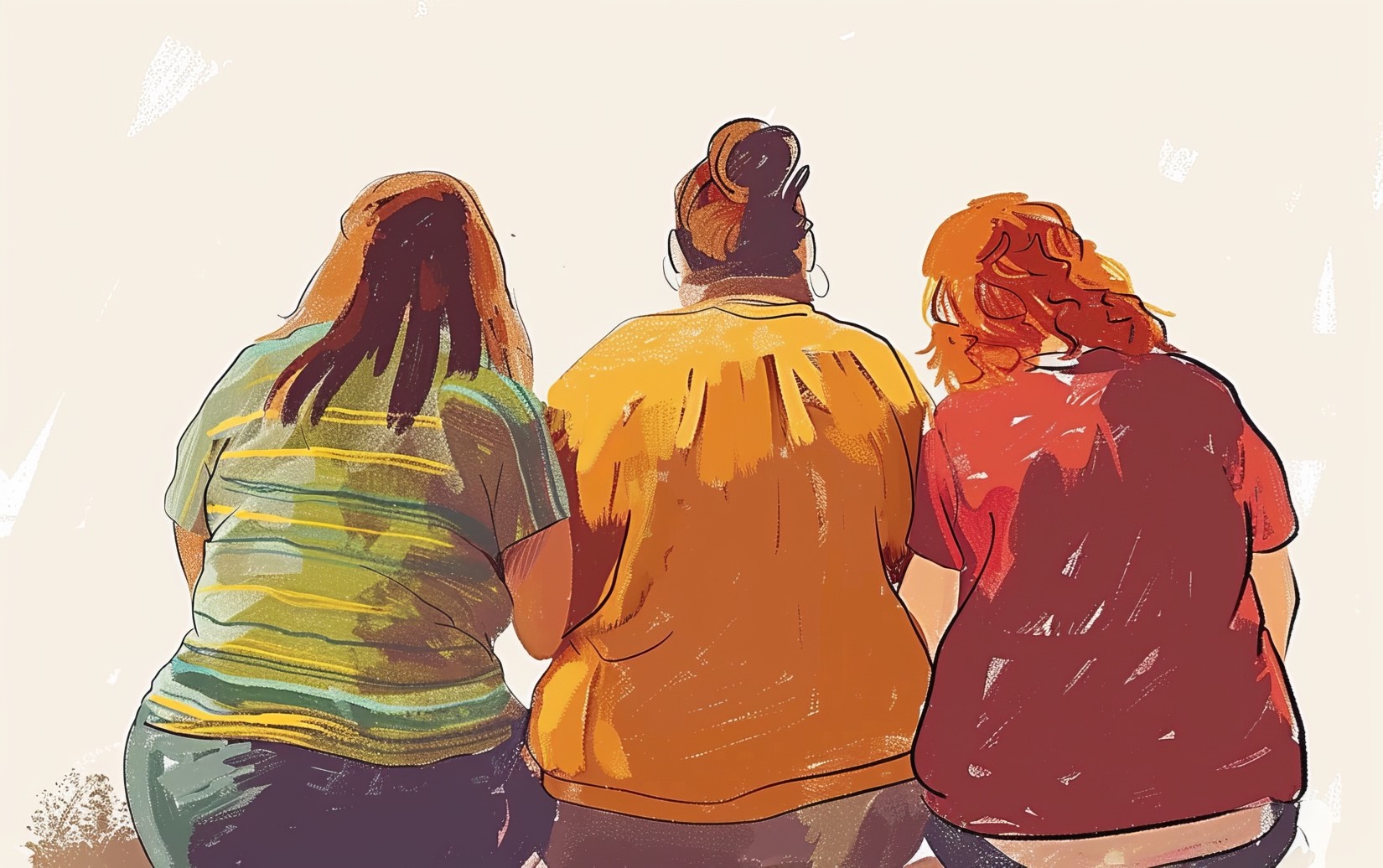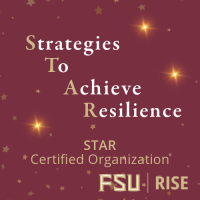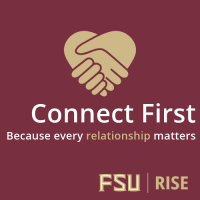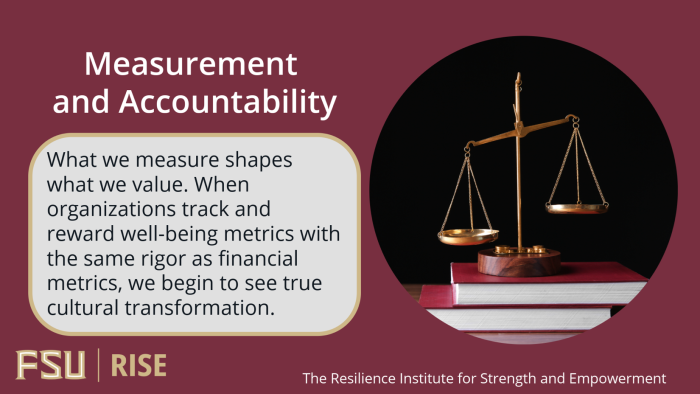Today's Campus Reality
As a major public university, Florida State University serves a diverse student population whose past experiences significantly influence their educational journey. Research indicates a high prevalence of trauma among university students – up to 85% of university students and 94% of community college transfer students report experiencing significant adverse events before entering university. These experiences fundamentally shape how students engage academically, build relationships, and navigate their university experience. Understanding this reality is crucial for creating effective educational environments and support systems that prepare students for future success.

"The ability to build genuine connections and create psychologically safe environments is the hidden key to embracing innovation in our rapidly changing world" – Dr. Angi Yoder Maina
By addressing these challenges during their university years, we help students develop the resilience, emotional intelligence, and relationship skills they'll need to tackle 21st-century challenges. Whether they're leading teams in the workplace, raising families in an increasingly complex world, or engaging as global citizens, these foundational human skills enable them to collaborate effectively, think creatively, and contribute to solutions for our shared future.
Leading Research in Healing-Centered Higher Education

FSU's Resilience Institute for Strength and Empowerment (RISE) is conducting pioneering research in healing-centered higher education through two complementary programs within the FSU community.
Research Framework
Our research seeks to understand the fundamental connections between relational well-being, psychological safety, and innovation in higher education settings. To guide this investigation, we focus on the following questions:
Primary Research Question: "How does the integration of trauma-aware practices and relationship-centered communication in higher education environments enhance the capacity for innovation, design thinking, and creative problem-solving among students, faculty, and staff?"
Key Areas of Investigation:
- "What is the relationship between psychological safety, relational well-being, and innovative thinking in academic settings?"
- "How do healing-centered environments and enhanced communication skills contribute to collaborative problem-solving and design thinking processes?"
- "What impact does the development of relationship-centered soft skills have on individual and institutional capacity for innovation?"
Our Integrated Approach
RISE implements two complementary programs that work together to create comprehensive campus transformation:
STAR Certification Program
 Strength through Trauma Awareness and Resilience
Strength through Trauma Awareness and Resilience
Provides trauma-aware training and implementation strategies:
- Evidence-based departmental practices
- Enhanced student support systems
- Cultural transformation tools
- Sustainable implementation methods
Connect First Certification Program
 Relationship-Centered Communication
Relationship-Centered Communication
Develops essential communication and connection skills:
- Psychological safety building
- Conflict resolution techniques
- Team collaboration methods
- Leadership communication
Measuring Impact Across Time

Immediate Impact
- Enhanced classroom participation
- Improved peer relationships
- Reduced conflict-related stress
- Better student-faculty communication
Near-Term Outcomes
- Higher academic performance
- Increased student persistence
- Stronger department collaboration
- Enhanced campus community
Long-Term Transformation
- Career readiness
- Leadership capability
- Innovation capacity
- Global citizenship
Program Integration and Research Outcomes
Our research examines how these programs work together to create:
- Stronger academic communities
- Enhanced innovation capacity
- Improved learning outcomes
- Sustainable cultural change
As this research develops, we're establishing baseline measures and tracking key indicators of:
- Student engagement and persistence
- Cross-departmental collaboration
- Workplace communication effectiveness
- Innovation and creative problem-solving
- Community well-being metrics
Ready to Join Our Research Community?
Contact FSU RISE today to:
- Learn more about our research initiatives focusing on innovation, relational well-being and design processes
- Discuss program implementation at your university
- Get your College/University STAR Certified
- Join upcoming Connect First cohorts
- Participate in our community of practice
Email: RISE@fsu.edu
FSU RISE: Advancing healing-centered higher education through evidence-based research and practice
